Story highlights
U.S. attorney general says the suspects wanted to capitalize on growing U.S. soccer market
American soccer official Chuck Blazer was an informant for U.S. prosecutors
Michael Garcia, a onetime U.S. attorney, was tasked with looking into FIFA's bidding process
In recent years, FIFA has made news not just for enforcing rules on the soccer field, but also for allegedly breaking them off it.
The body that governs soccer, the most popular sport in the world, is a multibillion-dollar behemoth.
Great power, yes. Great responsibility? Not so much, critics say.
FIFA has been regularly accused of bribery and kickbacks, allegations that reached a fever pitch after it awarded Russia and Qatar the World Cup in 2018 and 2022, respectively.
Afterward, the group carried out its own internal investigation and cleared itself.
So why is the United States, a country where soccer ranks far below football and basketball in popularity, now taking top FIFA officials to court on corruption charges?
Most of the 14 people indicted aren’t Americans.
But as U.S. Attorney Loretta Lynch lays it out, the suspects planned their crimes in the U.S.; they used the U.S. banking system; they planned to profit through schemes that targeted the “growing U.S. market for soccer.”
“This is a U.S. case,” David Zirin, sports editor for The Nation magazine, said Wednesday on CNN.
In order to understand how, we’ll have to take you through a journey that, as you’ll see, involves Americans at all stages.
First up …
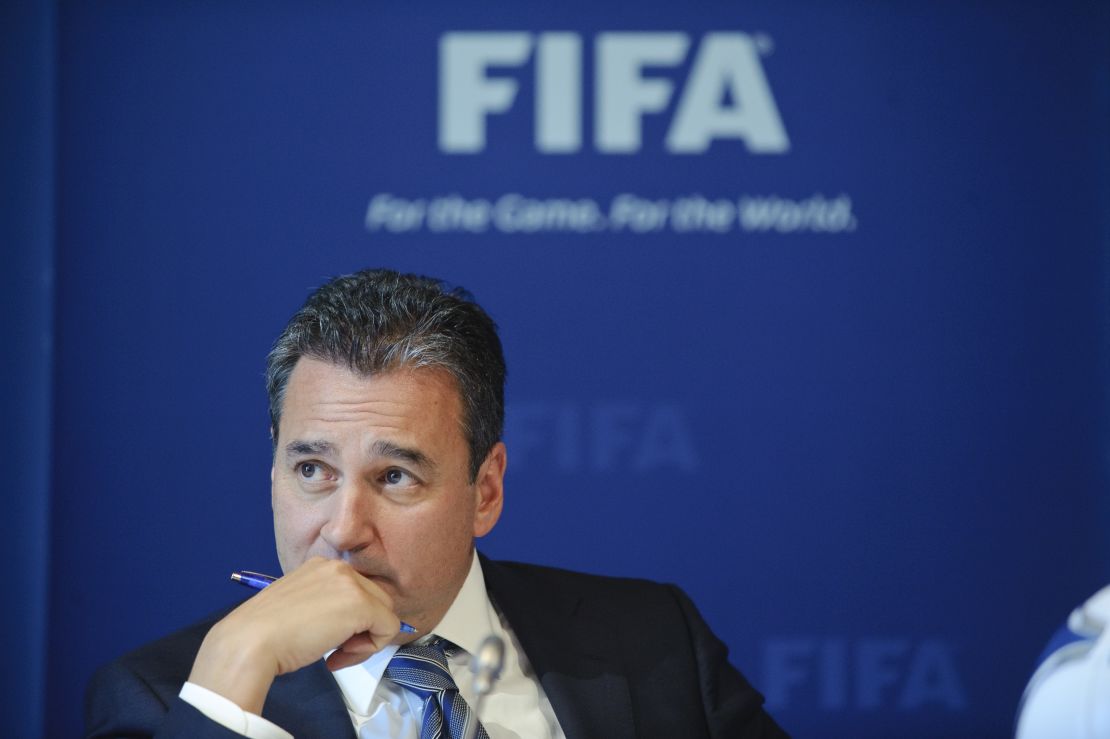
Michael Garcia:
The World Cup is a big deal. It comes around every four years, and when it does, it’s the biggest sporting spectacle on the planet.
When FIFA awarded the 2018 games to Russia and followed that with the even more head-scratching choice of Qatar in 2022, critics and other governments cried foul. They smelled shenanigans. They wanted a transparent account of the bidding process to see if Qatar and Russia cut any corners.
FIFA brought in Michael Garcia, a onetime U.S. attorney for the Southern District of New York. He was tasked with looking into the behavior of the two nations.
He spent 19 months scrutinizing the bids to host the two tournaments.
By the time he was done, his findings stretched to 350 pages.
So what did FIFA do?
It suppressed the report, released a puny 42-page summary – and cleared itself of any wrongdoing in November.
Garcia hit back. He labeled FIFA’s findings on his report “incomplete and erroneous.”
Then you have …
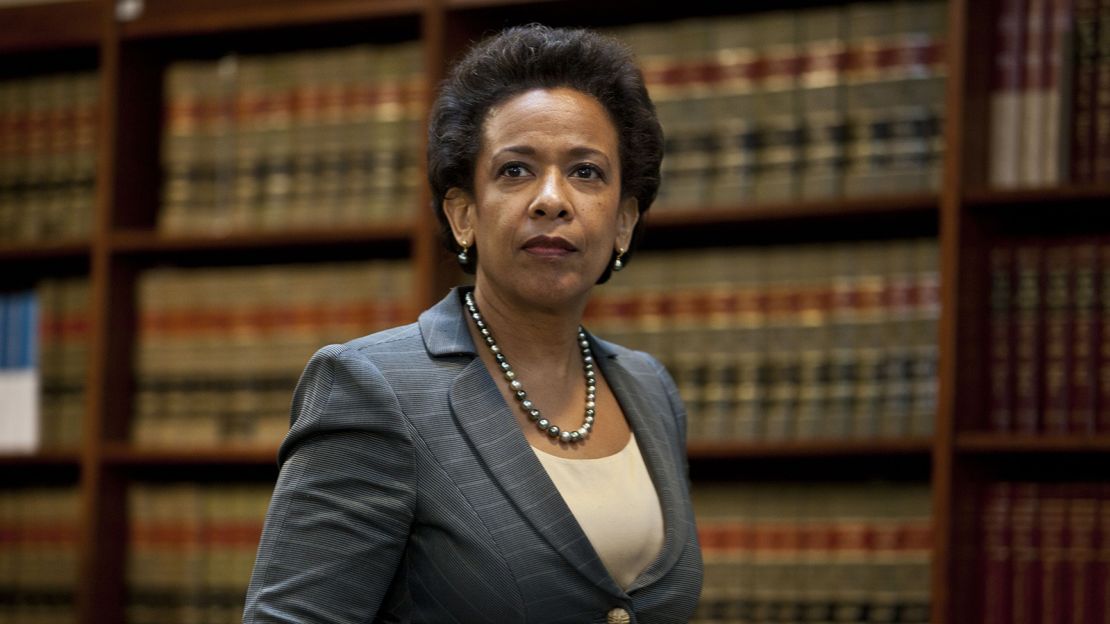
James Comey and Loretta Lynch:
As we mentioned earlier, Garcia is a former U.S. attorney for the Southern District of New York. The guy who held that job before him? James Comey.
He’s the current FBI director. And the corruption charges are a result of a three-year FBI investigation.
Then there’s the second New York connection: Attorney General Loretta Lynch.
She oversaw the case in Brooklyn before she was appointed to lead the Justice Department.
But why did U.S. authorities start looking into FIFA to begin with?
When FIFA cleared itself of wrongdoing, the FBI wasn’t ready to do the same.
It wanted to know whether any of the allegations of bribe-taking and kickbacks by FIFA officials took place on American soil.
Enter …
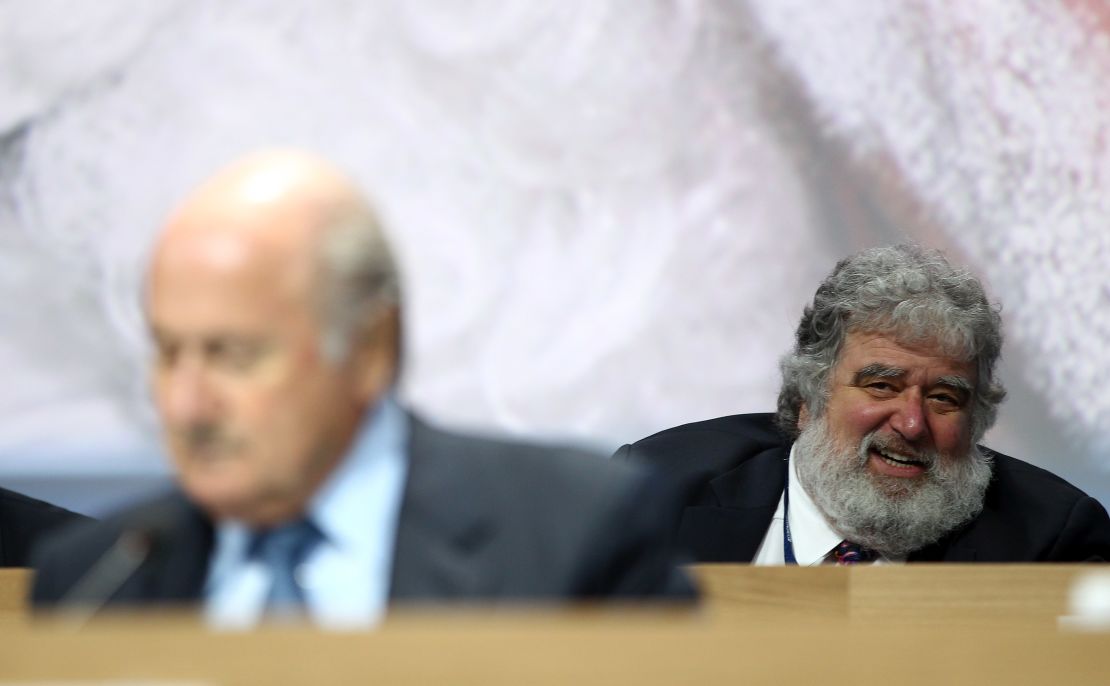
Chuck Blazer
Chuck Blazer, an American, was the No. 2 man in CONCACAF, the FIFA-affiliated governing body for North America and the Caribbean. The organization has its headquarters in Florida.
Blazer had found himself in a bind. He had amassed $11 million in unreported income, the IRS said, and he hadn’t paid his taxes for many, many years. He was looking at some serious prison time.
He pleaded guilty in 2013 on corruption charges and became a wire-wearing informant for the feds.
He provided documents and recordings of meetings with FIFA colleagues that hinted at not-so-kosher dealings, law enforcement officials said.
That meant looking into the dealings of …
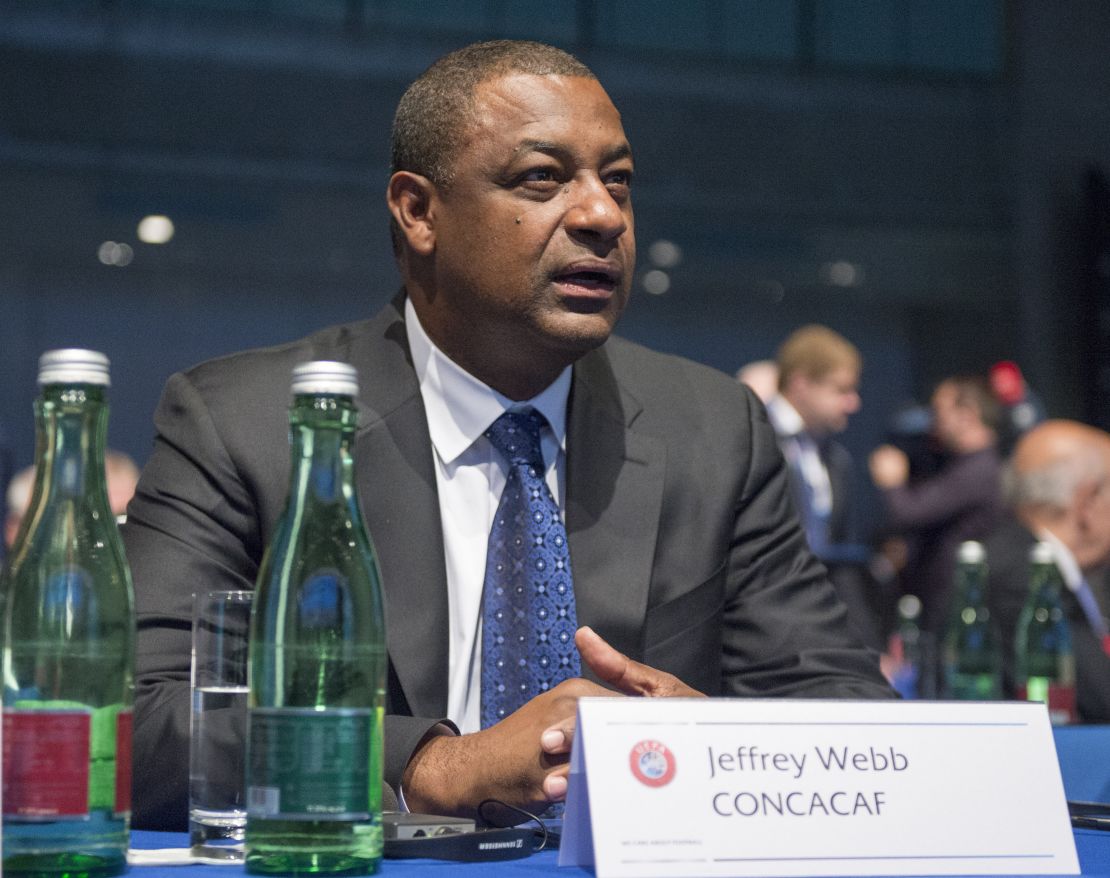
CONCACAF
Remember when we mentioned CONCACAF? U.S. soccer falls under that governing body.
With Blazer as a cooperating witness, American officials set out to see whether corruption touched tournaments held in the Americas.
The feds say it did.
One of the people facing charges now is Jeffrey Webb. He’s a FIFA vice president; he heads CONCACAF; and he was Blazer’s boss.
Webb “used his position of trust to solicit bribes from sports marketing executives,” acting U.S. Attorney Kelly T. Currie of the Eastern District of New York said
In return, they provided media, marketing and sponsorship rights to soccer matches in the Americas.
Prosecutors said those arrested accepted bribes and kickbacks totaling more than $100 million, from the early 1990s until now.
For example, $110 million in bribes changed hands in bringing Copa America, a soccer tournament usually held in South America, to the United States in 2016, Lynch said.
But can the U.S. actually go after FIFA officials?
Yes. Because it is …
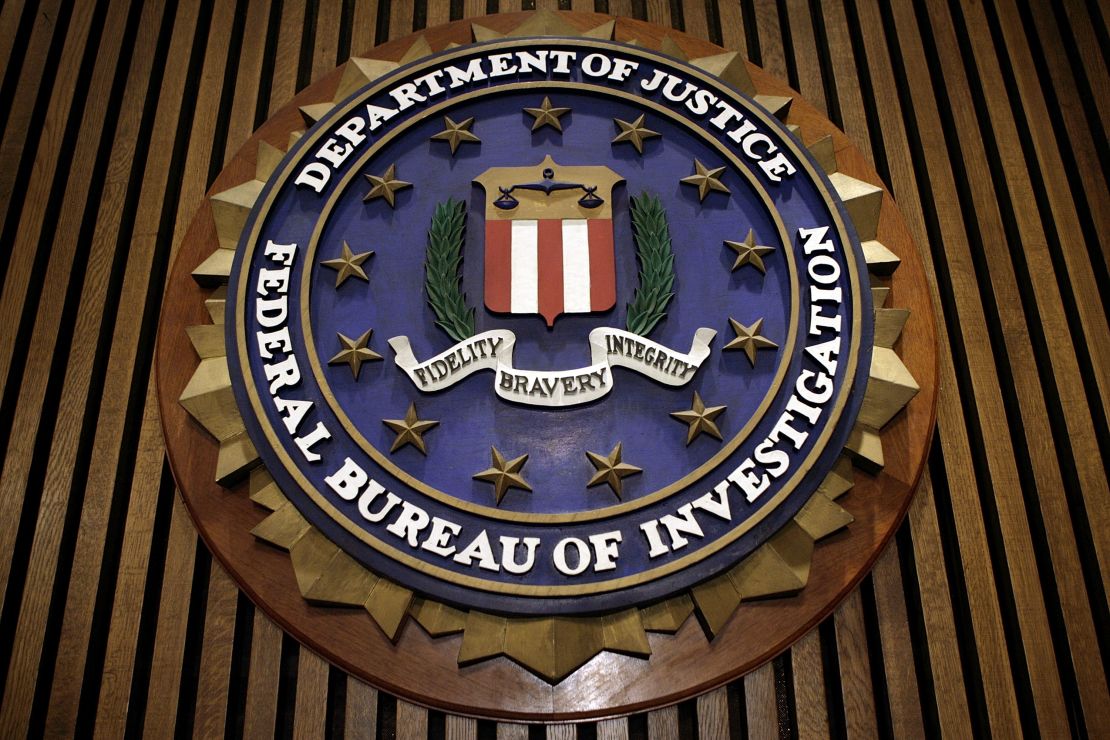
The United States of America:
The United States brought charges against the suspects because the plots were allegedly hatched on American soil.
“According to U.S. request, these crimes were agreed and prepared in the U.S., and payments were carried out via U.S. banks,” the Swiss Office of Justice said.
Prosecutors also say they think the broad reach of U.S. tax and banking regulations aid their ability to bring the charges.
In addition, U.S. authorities claim jurisdiction because the American television market, and billions paid by U.S. networks, is the largest for the World Cup.
CNN’s Evan Perez and Shimon Prokupecz in Washington; Harry Reekie in Zurich, Switzerland; and Ralph Ellis in Atlanta contributed to this report.




























